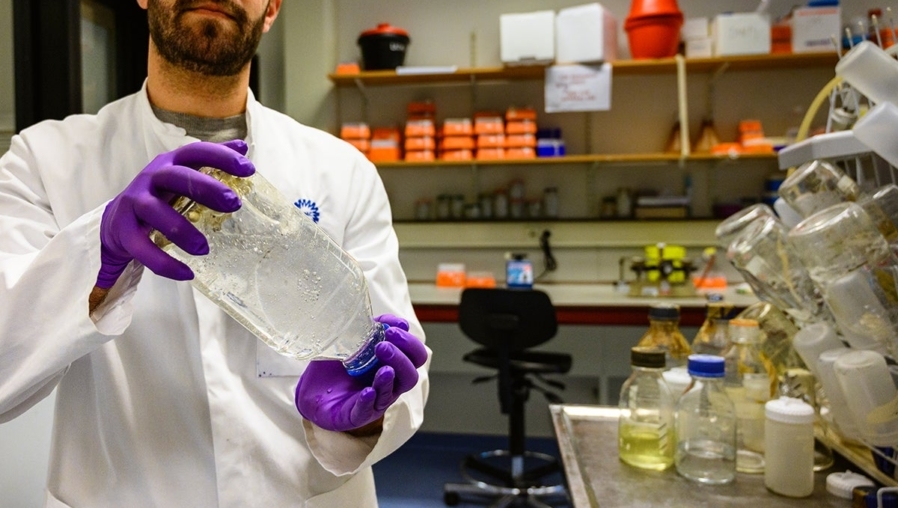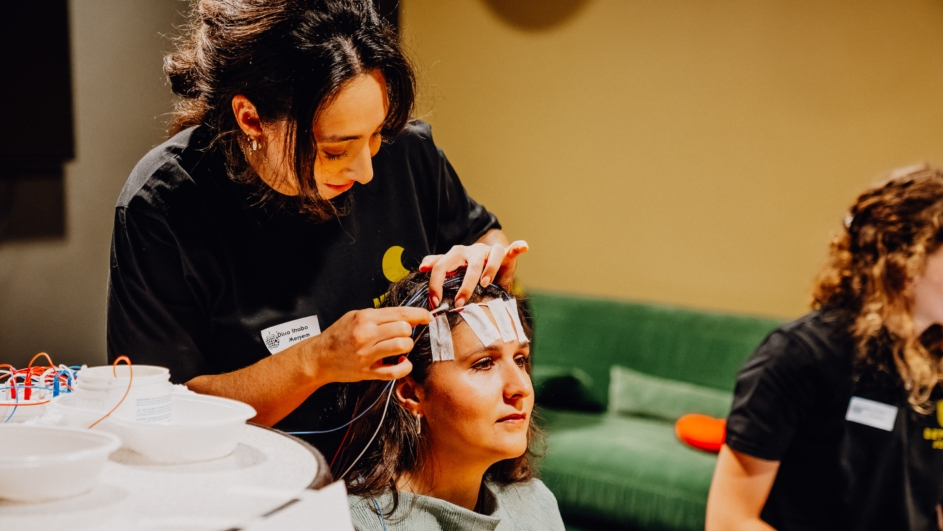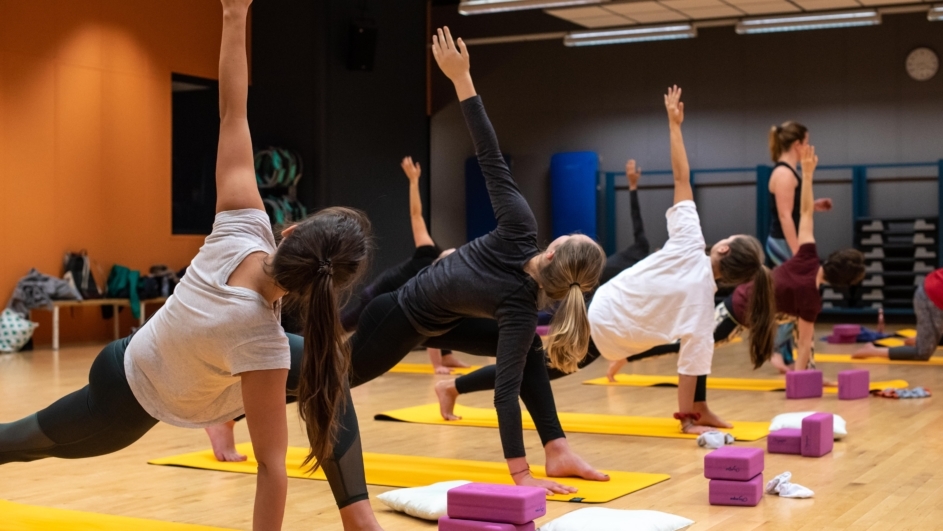ERC Proof of Concept grant for three groups UMC Utrecht

The teams of three principal investigators at UMC Utrecht have received a prestigious ERC Proof of Concept grant. They are the groups of Hester den Ruijter, Ynte Ruigrok and Joost Sluijter. The funding will enable them to bring their scientific discoveries one step closer to application in practice.
The ERC Proof of Concept grant is a grant from the European Research Council (ERC) intended to support researchers in translating fundamental research into practical applications. The goal is to further develop promising research results and bring them closer to use in society, for example through prototypes, patents or collaborations with industry. Thanks to the awarded funding, the three research teams can further develop their innovative ideas. The following projects are involved:
Coronary heart disease early detection
Hester den Ruijter and her team are focusing on the development of an innovative blood test that helps in the early detection of coronary heart disease in both men and women. This application was co-authored by Tim Sakkers, who also plays a key role in the research. Coronary heart disease is often recognized too late in women because the symptoms and development are different than in men. This blood test uses DNA signals (cell-free DNA methylation biomarkers) secreted by calcified arteries (atherosclerotic plaques). This allows doctors to understand the state of the plaque and account for male-female differences. The test, which is affordable and easy to use, has the potential to be widely used in primary care without the need for a hospital visit. In addition, the test may be able to detect other heart-related conditions in the future, such as INOCA (ischemia with non-obstructive coronary arteries).
Brain bleeding non-invasively prevented
Ynte Ruigrock’s team is focused on finding a non-invasive treatment for brain aneurysms to prevent fatal brain hemorrhages. PhD student Jos Kanning, co-supervised by associate professor Mirjam Geerlings of Amsterdam UMC and associate professor Shahab Abtahi of Utrecht University, has been instrumental in identifying five commonly prescribed drugs associated with a reduced risk of aneurysm-induced brain bleeding: lisinopril, amlodipine, tamsulosin, simvastatin and metformin. These drugs act on a specific molecular process, the TGF-β pathway, which plays an important role in vascular disease. The study combines genetic and epidemiological data to confirm the drugs’ actions and also looks at differences between men and women. The ultimate goal is to develop a safe and affordable treatment that can prevent bleeding from aneurysms, as an alternative to invasive surgery.
Delivering drugs better into the body
Joost Sluijter ’s team will explore a promising new way to deliver drugs into the body, using extracellular vesicles. These microscopic “packets” naturally transport substances between cells and have unique advantages over traditional methods. Using virus-like, smart proteins that self-assemble, the team is working on a more precise and effective system to deliver drugs exactly to the right place in the body. University lecturer Zhiyong Lei, postdoc Nazma Ilahibaks and PhD student Songpu Xie are each major contributors to this project. The goal? To develop a manufacturing process that not only works, but is also affordable and scalable.
About the ERC
The European Research Council (ERC) is Europe’s leading funding organization for innovative scientific research. An independent governing body, the Scientific Council, leads the organization. With its complementary Proof of Concept grant scheme, the ERC helps European scientists bridge the gap between groundbreaking research and the early stages of its commercialization. These projects have the potential to bring about real change in healthcare and science.

Betweter Festival during Utrecht Science Week 2026: your idea for an experiment is welcome!
Utrecht Science Week kicks off this year on Friday, September 25th. The Betweter Festival at Tivoli Vredenburg is the ever-popular opening night event. This year marks the tenth edition of the Betweter Festival. This art and science festival, where visitors immerse themselves in a unique mix of talks, music, film, interactive installations, and live research, is inviting participants to submit ideas for experiments during the festival.

Princess Máxima Center to expand with innovation wing thanks to partnership between the Foundation and Rabobank
The Princess Máxima Center for pediatric oncology will be able to start expanding the center later this year with a five thousand square meter innovation wing. This has been made possible by a multi-year strategic partnership between the Princess Máxima Center Foundation and Rabobank. The new innovation wing will provide space for pioneering research, innovation in care, and collaboration programs. This expansion supports the development of better and more effective treatments for children with cancer.

New Year’s promotion: all-in sports with a generous discount at Sportcentrum Olympos
Employees of Utrecht University, Utrecht University of Applied Sciences (HU), UMCU, Hubrecht Institute and Westerdijk Institute can temporarily enjoy an extra 20% discount on all-in sports at Olympos!

Wennink plan: Life Sciences and biotechnology are important growth drivers for the earning capacity of the Netherlands
The Dutch Life Sciences and biotechnology sector can make a much larger contribution to the Netherlands’ economic strength. This is shown in a new growth strategy presented today as part of Peter Wennink’s advisory report. The report also highlights Utrecht Science Park as one of the key innovation locations and sources of progress and growth.